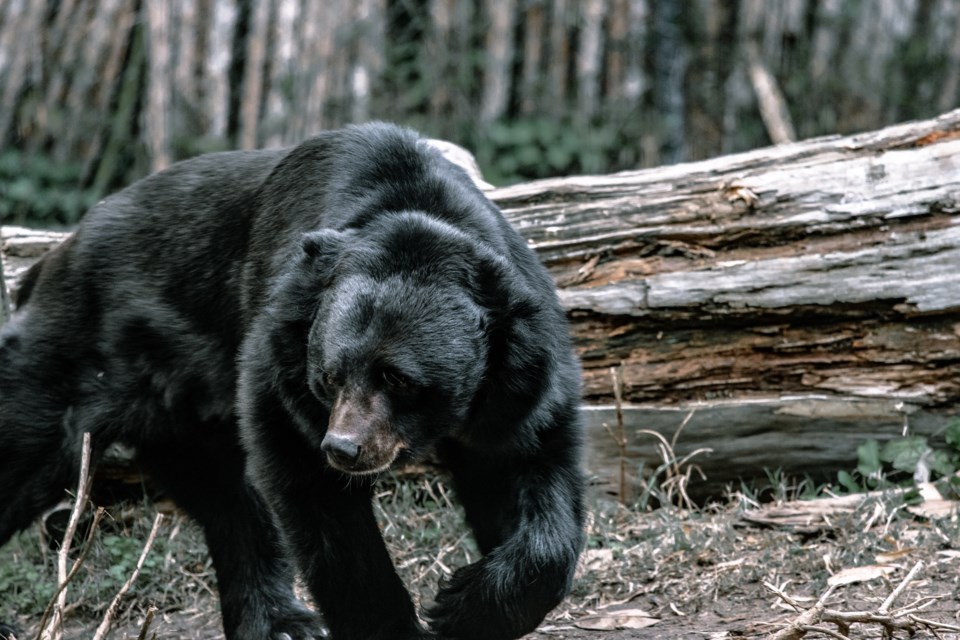A bear-versus-tractor-trailer collision at 8:45 a.m. Tuesday on the northbound lanes of Highway 400 in Georgian Bay Township, killed an adult female bear and left three young cubs scrambling for their lives.
OPP responded to a report of an animal carcass on the roadway and also became aware of two young cubs and another cub unaccounted for. The Ministry of Natural Resources and Forestry was contacted and arrived at the scene. The three cubs were safely trapped and taken to a wildlife rehabilitator — Bear with Us — who will safely release the young bears into the wild next spring.
See related: Two tiny orphaned bear cubs rescued safely from Haileybury electrical pole (VIDEO)
"Although this scenario has a mixed outcome, other situations have not worked out so well for the bears as approximately 40 bears have been struck and killed by vehicles on Highway 400 between Honey Harbour Road, Georgian Bay Township and the Town of Parry Sound, during the month of August alone," says an OPP release.
"Experts have various theories on the cause of the bears wandering outside of their traditional areas but motorists need to be mindful that wildlife collisions do happen. Motorists need to drive within the posted speed limits, scan well ahead for possible wildlife on the shoulder/ditch or roadway and use proper headlamps giving regard to other motorists nearby as wildlife never wear reflective suits and are unlikely to give way to a vehicle if encountered on a roadway."
As the summer season nears to a close, so do the wild food sources that bears count on for their next meal. Leaving untidy garbage cans, poorly cleaned barbecues, bird feeders and improper ways of disposing of food products only helps to invite bears and possibly their cubs to your cottage.
This link will help reduce your problems with our four-legged friends who live in the bush all year long:
